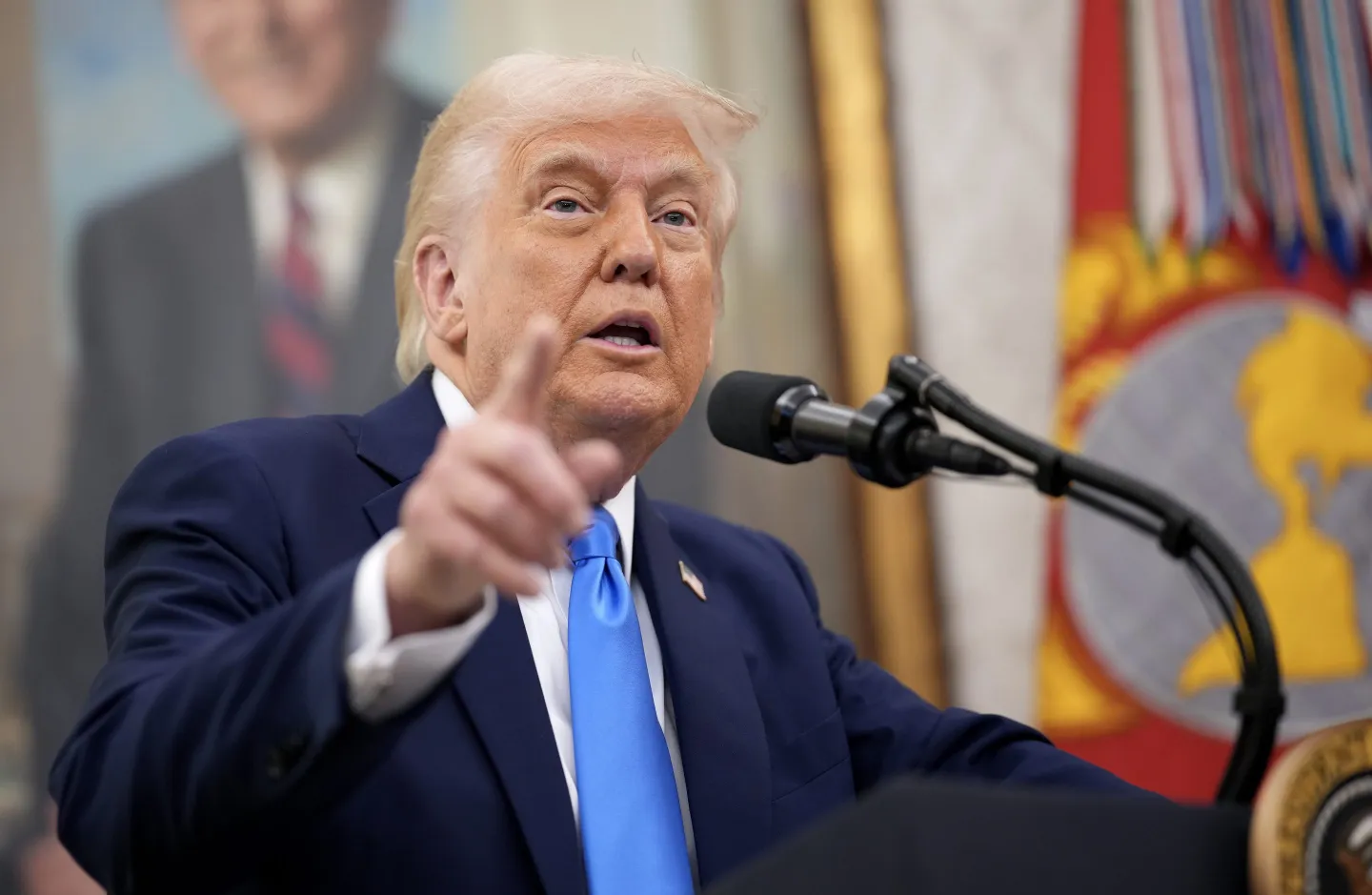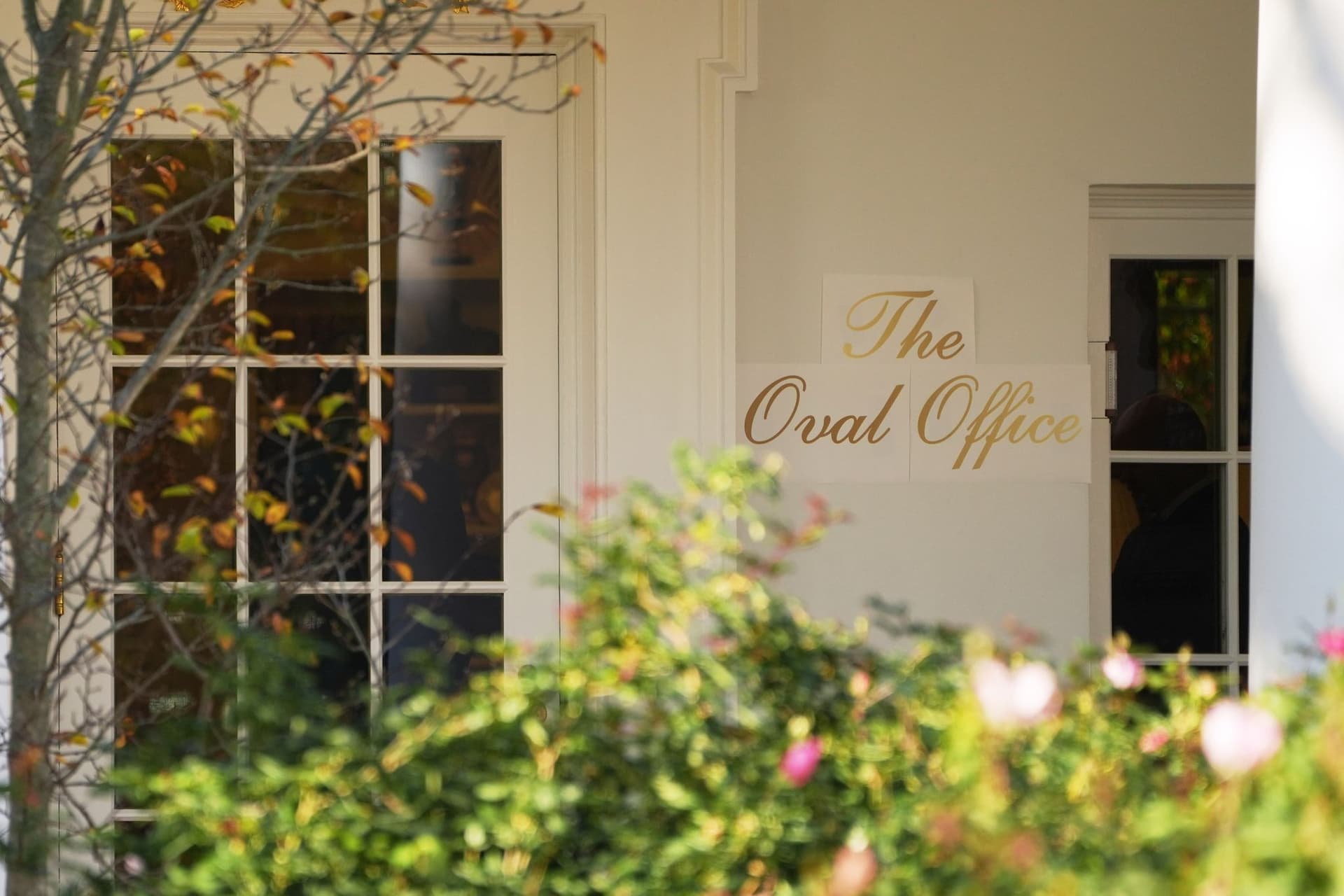Ukraine seeks exchange to free 1,200 prisoners, engages regional mediators
Ukraine says it is working to resume prisoner swaps that could lead to the release of 1,200 Ukrainians, a development with implications for public morale and wartime politics. Consultations in Turkey and the United Arab Emirates with support from Kyiv's partners signal a diplomatic push that will test verification systems and the capacity of Ukrainian institutions to manage reintegration.

Ukraine announced a push to revive prisoner exchanges that officials say could secure the release of 1,200 Ukrainian captives, a substantial number that would mark one of the larger proposed swaps since the conflict began. Rustem Umerov said he had held consultations in Turkey and the United Arab Emirates, with the support of Kyiv's partners, on resuming the process of exchanges. "This concerns the release of 1,200 Ukrainians," Umerov said in a statement on Telegram.
The disclosure underscores the centrality of third party mediation in securing the transfer of detainees across a battlefield where direct contact between the parties remains politically fraught. Turkey and the United Arab Emirates have previously hosted sensitive negotiations in other international conflicts, and Kyiv's outreach to those capitals suggests it is seeking neutral venues and guarantors acceptable to multiple stakeholders. Kyiv has also signalled that allied states are playing an active facilitating role.
A swap of this magnitude would force Ukrainian institutions to shift from negotiating mode to operational mode quickly. Ministries responsible for defence, veterans affairs, health, and social reintegration would need to coordinate medical screening, psychological support, legal documentation, and family reunification. The scale of the proposed exchange raises questions about readiness to deliver long term care and monitoring for returnees, many of whom may require extensive rehabilitation before resuming civilian life.
The move also carries clear political significance at home. Large prisoner returns tend to be high visibility events that can bolster public morale and provide tangible evidence of government effectiveness. At the same time, any exchange that involves the release of Russian detainees could prove contentious among voters, veterans and opposition figures who view such concessions as surrendering leverage. How Kyiv balances the humanitarian imperative to recover citizens with broader strategic considerations will shape public debate and could influence electoral dynamics.
Verification and monitoring present another set of challenges. Successful exchanges rely on agreed procedures for confirming identities and health status, tracking transfer logistics, and ensuring that combatant or civilian detainees are treated in line with international legal standards. Independent oversight by neutral organizations is often critical to building domestic and international confidence that terms are being met. Observers will be watching for whether such mechanisms are embedded in any agreement.
International partners stand to gain diplomatic capital from brokering a deal, but they also face reputational risk if an agreement unravels or if returned detainees are mistreated. For Kyiv, transparency about the terms and safeguards of any exchange will be essential to sustaining domestic support and ensuring accountability. Further announcements are likely as consultations continue, and the pace of progress will serve as an early indicator of the limits of diplomacy in resolving one of the war's most acute human costs.


